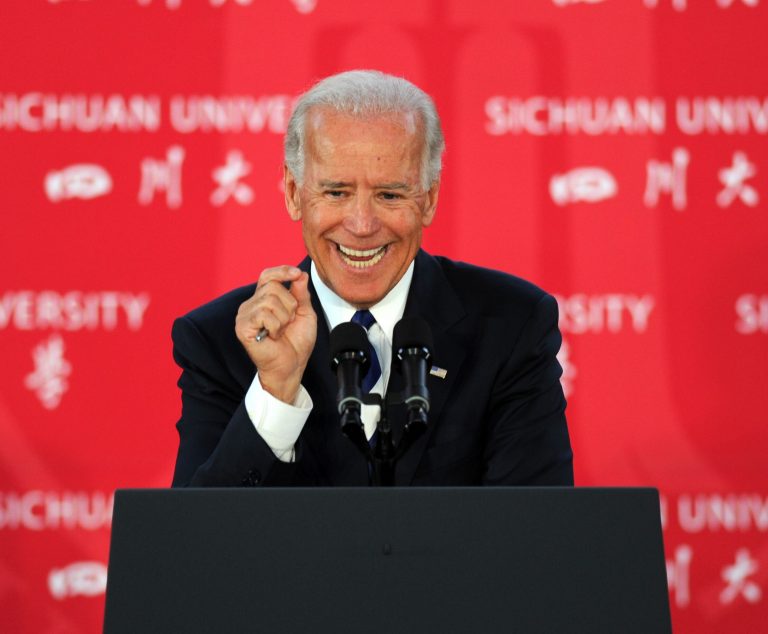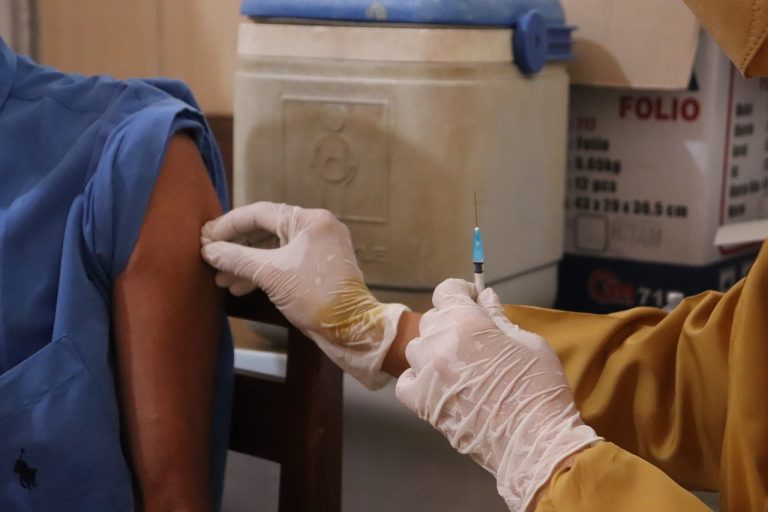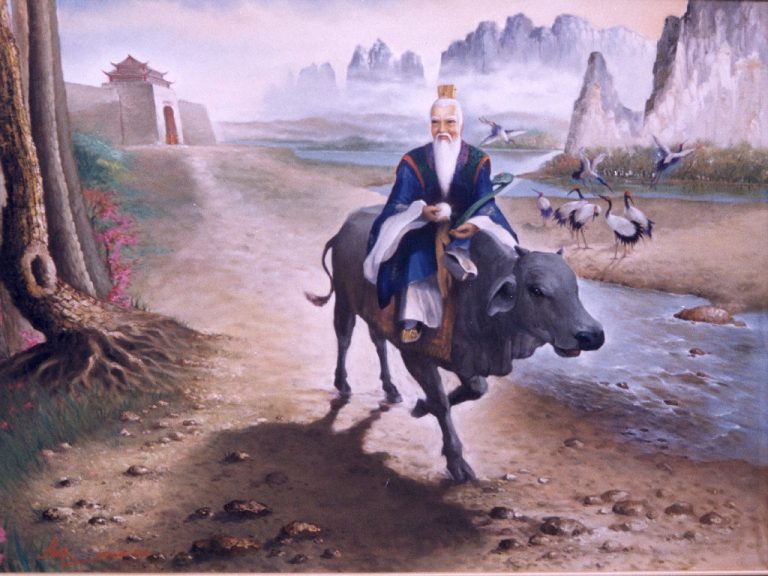Political analysis
Different from the Soviet Union, Communist China leverages economic strength to wield soft power over American politics and society
Days after Democratic presidential candidate Joe Biden and his running mate Kamala Harris gave acceptance speeches on Nov. 7, the Hong Kong-based South China Morning Post cited a Chinese official as saying that Beijing had “revived stalled backchannel diplomacy” with the United States.
Earlier this year, the “semi-official communication channel” had gone inactive due to worsening relations between the U.S. and China amid the Trump administration’s increasing condemnation of and confrontation with the Chinese Communist Party (CCP).
On Nov. 25, after the General Services Administration approved funds for Biden’s transition to the White House, Chinese leader Xi Jinping offered congratulations to the former vice president and Harris, signalling that the CCP was confident of Trump’s loss in the Nov. 3 election.
Success
You are now signed up for our newsletter
Success
Check your email to complete sign up
Beijing appeared to celebrate, unleashing a wave of “wolf warrior” diplomatic barrages against democratic countries and politicians. In a particularly egregious episode, Chinese foreign ministry spokesman Zhao Lijian tweeted a digitally manipulated picture of an Australian soldier holding a knife to the throat of an Afghan child. The CCP used the doctored image to attack Australia’s human rights record, as well as Canberra’s recent moves to speak out against human rights violations in China.
Welcoming the return of ‘old friends’
The lack of restraint on Beijing’s part reflects newfound confidence in the Party leadership. As China analysts at the SinoInsider consultancy put it in a Nov. 30 newsletter: “When the CCP believes itself to be in a weak or less advantageous position, it goes into ‘survival’ mode by avoiding or mitigating controversy,” but “moves into ‘domination’ mode when it finds itself” in a position of strength and perceives weakness in its adversaries.
The first week of December saw the widespread online sharing of a 20-minute video showing Di Dongsheng, a professor at China’s Renmin University, give a speech in Shanghai.
Speaking on Nov. 28, the vice-dean of the school’s international studies department boasted of Beijing’s “old friends” in Wall Street and other elite circles in the United States — and that those “old friends” would soon be back in the White House.

Di, who served as an adviser to Xi Jinping, described how the influence of Beijing’s allies in the U.S. was curbed in 2016 when Trump took office: “The Trump administration is in a trade war with us, so why can’t we fix the Trump administration? How come China and the U.S. used to settle all kinds of issues between 1992 and 2016?
“I’m going to throw out something maybe a little bit explosive here. We have people at the top. We have ‘old friends’ in America’s core inner circle of power and influence.
“But the problem is that after 2008, Wall Street’s status declined, and more importantly, after 2016, Wall Street can’t fix Trump … So during the U.S.-China trade war, they [Wall Street] tried to help … but couldn’t do much.
“But now Biden is elected. You can see that the traditional elite, the political elite, the establishment, they’re very close to Wall Street.
“Trump has been saying that Biden’s son has investment funds around the world … Who helped [Hunter Biden] establish his funds? Got it? There are a lot of ‘deals’ here,” Di said.
Di was referring to the Hunter Biden scandal that was revealed in mid-October when it came to light that his laptop had been discovered with a large amount of compromising information on it, including data about alleged trade deals made based on his status as Joe Biden’s son. Legacy media outlets have dismissed the scandal as disinformation, and Big Tech censored the story even before verifying it.
The video of Di Dongsheng’s speech has both been censored on the Chinese Internet and removed from YouTube, the latter citing a copyright claim by the Chinese company that shot the footage.
‘Competition without confrontation’
By all accounts, a Biden administration would handle China very differently than the Trump administration.
Since the publication of the 2017 National Security Strategy naming Beijing America’s primary strategic competitor, the White House has implemented expanding tariffs and other economic restrictions on the communist superpower. It has also, since 2019, clearly defined the CCP as a regime that rules counter to the consent and traditional values of the Chinese people.
U.S. Secretary of State Mike Pompeo has handled the “China Challenge” with an uncompromising approach, ratcheting up condemnation and sanctions on the CCP for a broadening list of brutal human rights abuses, including the mass murder of religious prisoners for their organs.

“The seriousness of China’s penetration into the international community has led to serious disquiet among countries due to the corrosive nature of its infiltration, the harmful consequences to other countries, and China’s ‘wolf-warrior’ diplomacy,” He Qinglian, a Chinese economist living in exile in the United States, wrote in a recent commentary.
“Most of this discontent is borne in silence, but a few countries, such as the United States, have made their complaints explicit,” she wrote.
He Qinglian observed that many weaker democracies, such as Australia, are heavily dependent on China for trade and more easily swayed by Beijing’s coercion, and thus need backing from the U.S. if they are to keep up condemnation of the CCP’s malign behavior.
Though Biden has spoken of the need to stay tough on China, he has been vague in his policy plans, and his 47-year career shows a long track record of friendly engagement with Beijing. In 2017, his advisor Jake Sullivan said that the U.S. should encourage China’s rise; in November, he co-authored an article published on Foreign Policy calling for “competition without confrontation.” In the piece, he argued that the United States should not seek to change China’s system.
Biden has confirmed that he would choose Sullivan for National Security Adviser. Other Biden cabinet picks are similarly pro-globalism, pro-engagement with China in outlook.
A report by Politico notes that WestExec Advisors, a consultancy with access to the White House, is staffed heavily by officials from the Obama administration, which Biden served. Until recently, WestExec featured on its website information about how it has helped U.S. colleges skirt Trump administration restrictions on taking Pentagon funds while also receiving financial benefits from foreign government programs — a large portion of which are run by the CCP.
Many of those working at WestExec are slated to serve in Biden’s government.
Follow us on Twitter or subscribe to our weekly email













